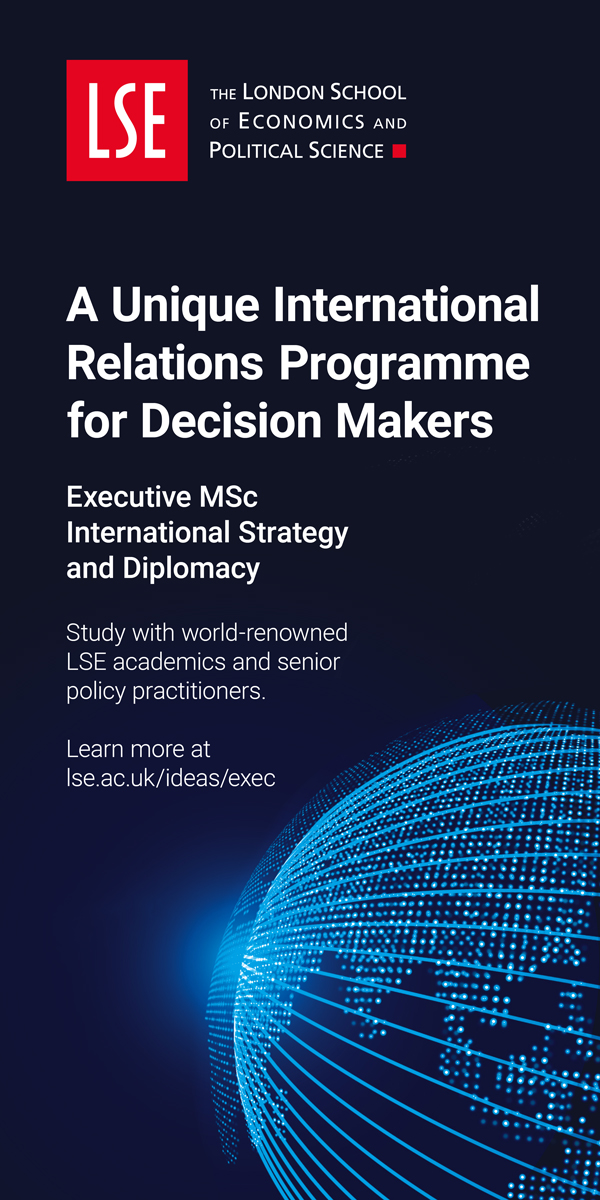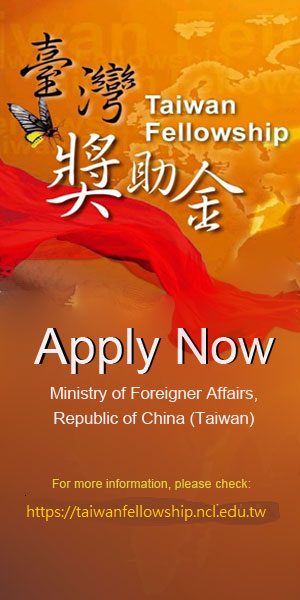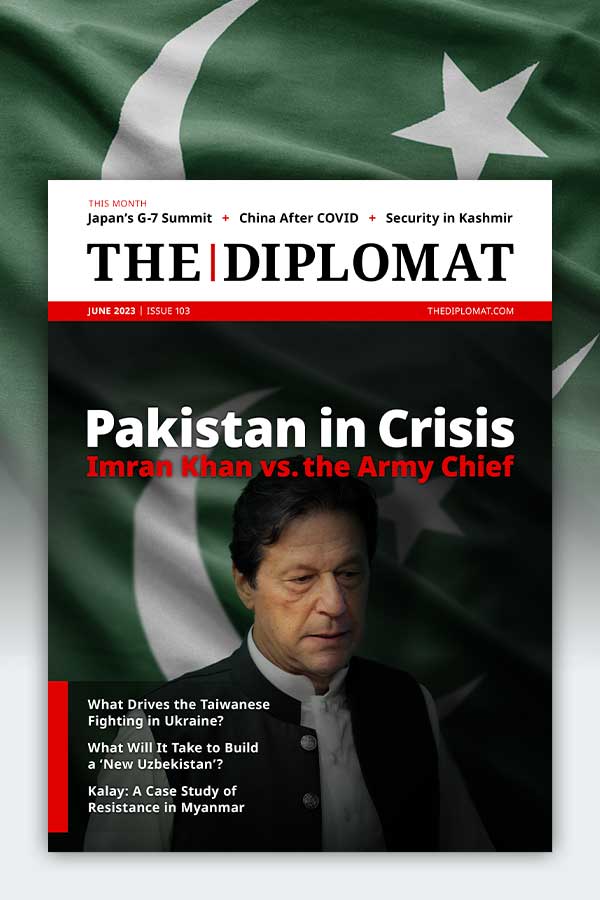| Welcome to the latest issue of Diplomat Brief. This week our top story explores the often overlooked complexity of Myanmar’s civil war. We also have an interview with Yuki Tatsumi, a senior fellow and co-director of the East Asia Program at the Stimson Center, on the outcomes of Japan’s G-7 summit in Hiroshima. |
| Story of the week | ![[object Object]](https://thediplomat.com/diplomat-brief/2023/vol22/images/feature.jpg) | Politics Myanmar’s Fog of WarWhat Happened: Since Myanmar’s military seized power in a coup in February 2021, the country has dissolved into civil war, pitting the military against a plethora of resistance groups, from the People’s Defense Forces (PDFs) associated with the opposition National Unity Government to decades-old ethnic armed organizations (EAOs). With the crisis now in its third year and global attention having moved onto other hotspots, many undercurrents to Myanmar’s civil war have fallen by the wayside in international coverage. Our Focus: Author Naw Theresa – a pseudonym for a Myanmar-based analyst – highlights three facets of the conflict that have long-term implications, but are largely overlooked abroad. First, the brutality of Myanmar’s military has tarnished its image among the majority Bamar population – and created common cause between the Bamar and ethnic minorities, who have long suffered from the military’s excesses. Second, Myanmar’s “fog of war” has reached a unique intensity in the social media age, especially after the military purged all independent media. “Myanmar has long had a hyper-active rumor mill and netizens now spread misinformation as a form of civic duty against the junta while pro-junta trolls reinterpret facts to suit their agenda,” Naw writes. Finally, the battle lines are not as clear-cut as “junta vs. resistance forces” – there are a huge number of different armed groups, from the PDFs to the EAOs, and they are not always in alignment. Beyond that, many of the local branches of larger groups – including the state military – operate semi-autonomously. That raises questions about who really has oversight over the various armed groups operating in Myanmar. What Comes Next: “The above undercurrents don’t change the fundamentals of the civil war. The [junta]’s heinous excesses are well documented and it bears much of the blame for plunging the country into chaos and bloodshed,” Naw notes. “However, the undercurrents show that many factors are at play and the conflict remains very messy.” With society at war with itself, misinformation running rampant, and a surfeit of armed groups operating with various motives, putting Myanmar back together looks like a distant dream. Read this story |
| Behind the News | INTERVIEW Yuki TatsumiYuki Tatsumi, a senior fellow and co-director of the East Asia Program and director of the Japan Program at the Stimson Center, on the Hiroshima Vision of Nuclear Disarmament: “The Hiroshima Vision has been panned by nuclear disarmament supporters for not having enough substance. However, I think it is an accomplishment on its own that G-7 leaders actually agreed on the statement on nuclear disarmament when there is a renewed look at these issues.” Read the interview |
| This Week in Asia | Northeast Asia China’s Defense Minister to Speak at Shangri-La DialogueGeneral Li Shangfu will deliver remarks on “China’s new security initiatives” on June 4 at the Shangri-La Dialogue in Singapore. We can expect Li to elaborate on the recently announced “Global Security Initiative,” one of the latest foreign policy buzzwords emanating from Beijing. Li will also hold a number of bilateral meetings with his counterparts from around the region – but not with his U.S. counterpart, Lloyd Austin, who will also be delivering remarks at the SLD. Find out more | South Asia Fake Refugee Scandal Continues to Roil NepalNepal is reeling from a corruption scandal involving some of the country’s top political leaders, who were fraudulently certifying Nepali citizens as Bhutanese refugees and promising to send them to the United States in exchange for bribes. The scandal will have long-lasting repercussions for Nepal both domestically (by exacerbating deep-rooted perceptions of government corruption) and internationally (by tarnishing Nepal’s image with the United States and other partners working on refugee issues). Find out more | Southeast Asia Cambodia’s Main Opposition Party Barred From ElectionCambodia’s Constitutional Council ruled last week that the country’s largest opposition party will not be able to participate in national elections in July. The council, which is dominated by members of Prime Minister Hun Sen’s Cambodian People’s Party (CPP), upheld an earlier decision by the country’s National Election Committee that the Candlelight Party (CLP) could not register because it had failed to provide its original certificate of registration. The CLP, which won 22 percent of the vote in local elections last year, says that the requirement has never previously been enforced, and that the rulings have been politically motivated. The decision ensures another clean sweep by the CPP, which currently holds all 125 seats in the National Assembly. Find out more | Central Asia Ukraine War Hasn’t Dented Central Asian Migrant FlowsThe war in Ukraine, contrary to early expectations, has not stymied flows of Central Asian migrant workers to Russia. Instead, record numbers are traveling toward Moscow and thousands choosing Russian citizenship, despite the risks. Yet the same circumstances that do not dissuade Tajik migrants from heading to Russia drive some Russians toward Kyrgyzstan and beyond. Find out more |
| Visualizing APAC |  | Based on data from the Kiel Institute, Japan has pledged the third-most aid of any country to Ukraine. See the full picture |
| Word of the Week | The Debate PadjakAn old Malay term meaning either “lease” or “cede” – the exact translation is contested, but has become key to an ongoing legal battle involving Malaysia’s Sabah region and the heirs of the erstwhile Sulu Sultanate. Find out more |
|  |




![[object Object]](https://thediplomat.com/diplomat-brief/2023/vol22/images/feature.jpg)

